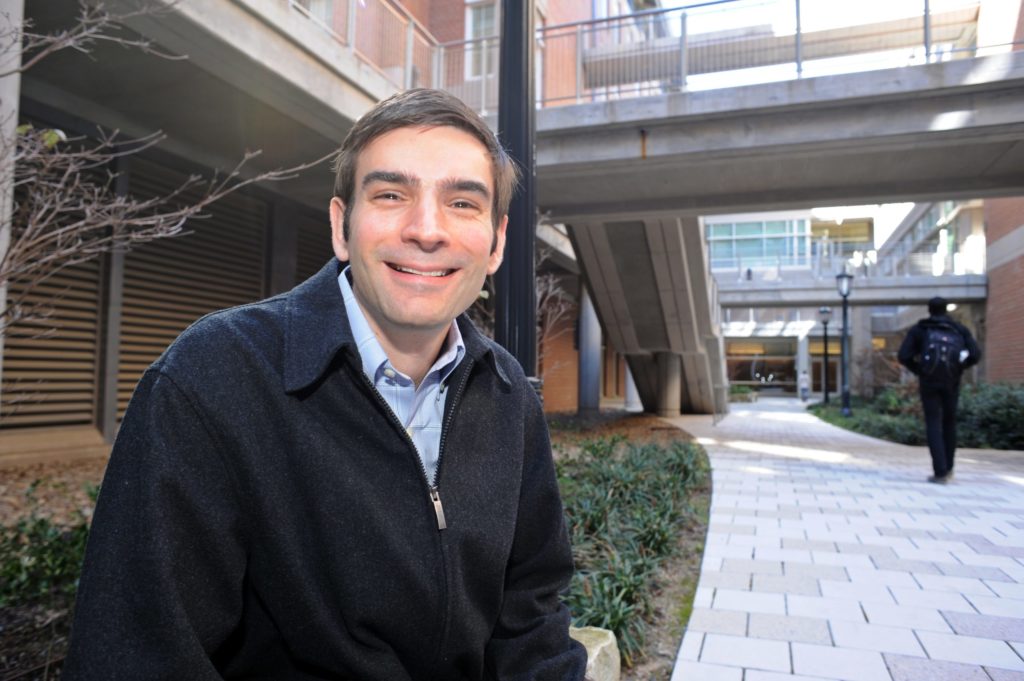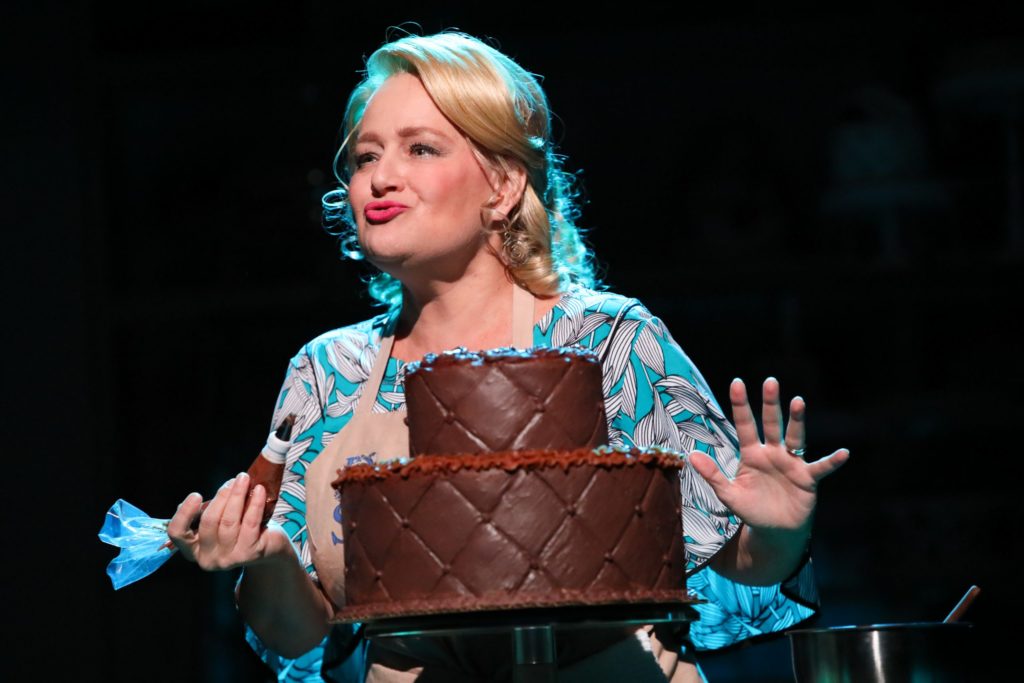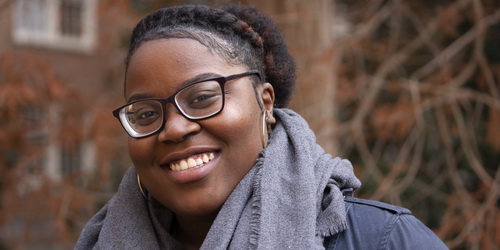
Victoria N. Miller (mathematical decision sciences/computer science ’18) wanted to learn about research in a meaningful, direct way and create something important to her. Then she was invited to take part in the Science and Math Achievement and Resourcefulness Track. “I had no prior knowledge of research before starting SMART,” she said. “All I knew was that I was interested in computer science and wanted to learn and make something applicable to real life situations.”
Acclimatizing to research was no problem for Miller, though. Her efforts paid off quickly after she dove into her work. “During my time throughout the SMART program, I learned an unbelievable amount,” she said.
“Not only had I learned three more coding languages, but I learned how to diagnose problems and how to search to find the answers I needed. On top of this, I was introduced to the makerspaces, learned how to read and validate scholarly pieces, and networked with many graduate students who continued their education with research.”
Miller forged something new, bridging the gap between theory and practice. “I ended up with a Chrome Extension that allows physically disabled users to use Facebook,” she noted. Her connections with research directors also helped her make valuable contacts. “Because of my amazing research mentor, Gary Bishop, I was also able to get in touch with a woman in Australia who is well versed with accessibility technologies.”
Miller describes her time as an undergraduate researcher in glowing terms. By allowing her to engage with the practical concerns of research and software creation, she learned what research really meant, and what it could mean for her. “Being in SMART gave me a deeper appreciation for the work that goes into research, and also gave me a lot of experience with presenting, which is always a useful skill to have.”
She gained more than just some ink on her resume through the research program. “SMART also gave me a great network of friends who I learned so much from and even still talk to today.”
Story by Evan Jones, Office for Undergraduate Research



